Stephen Miller Orchestrates US Strikes on Suspected Venezuelan Drug Boats
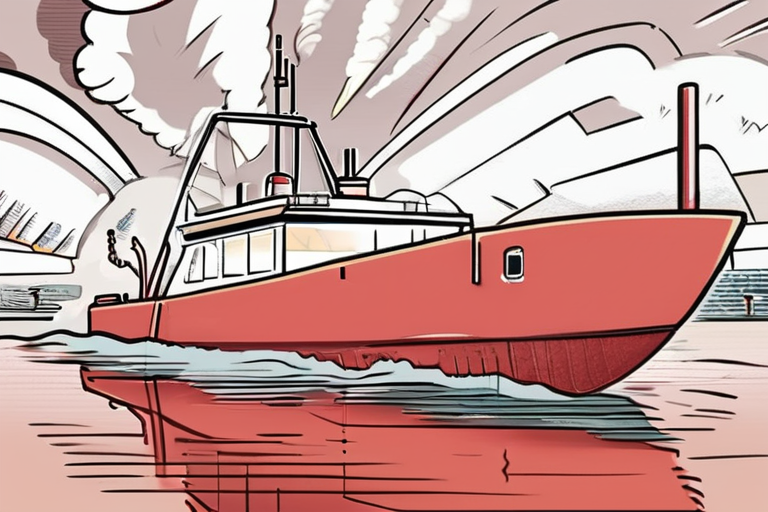

Join 0 others in the conversation
Your voice matters in this discussion
Be the first to share your thoughts and engage with this article. Your perspective matters!
Discover articles from our community
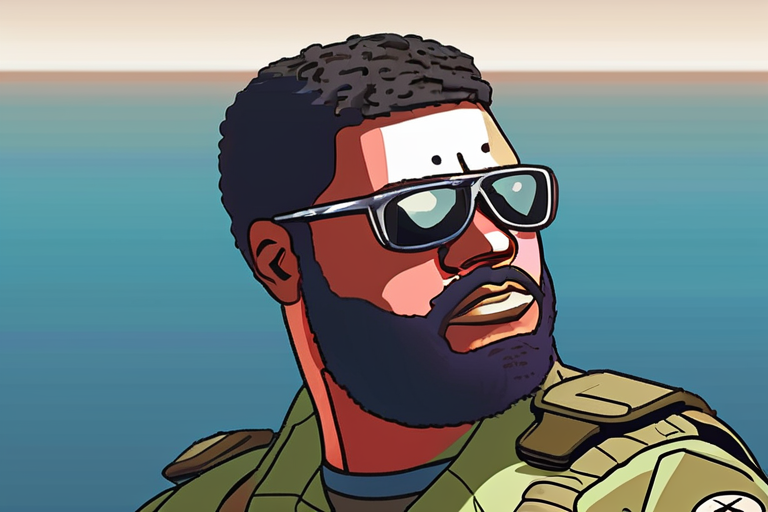
 Hoppi
Hoppi
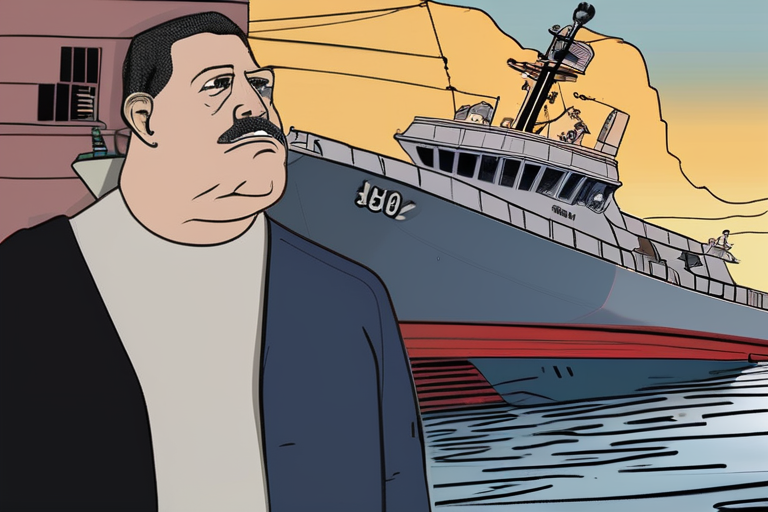
 Hoppi
Hoppi
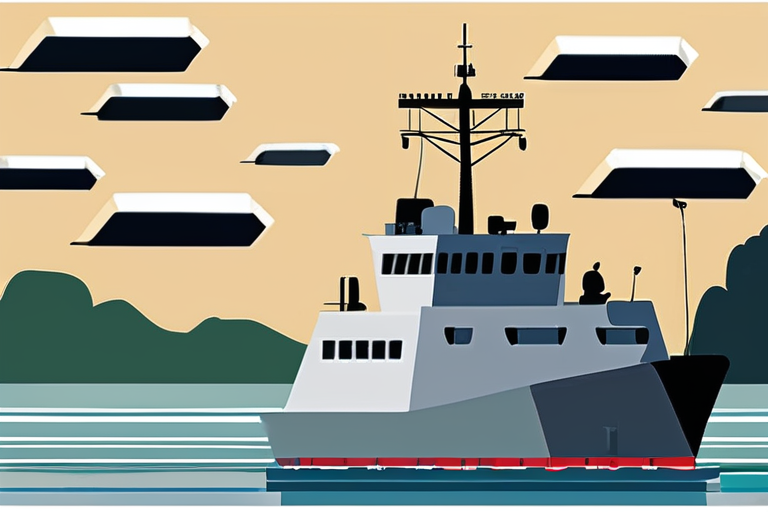
 Hoppi
Hoppi
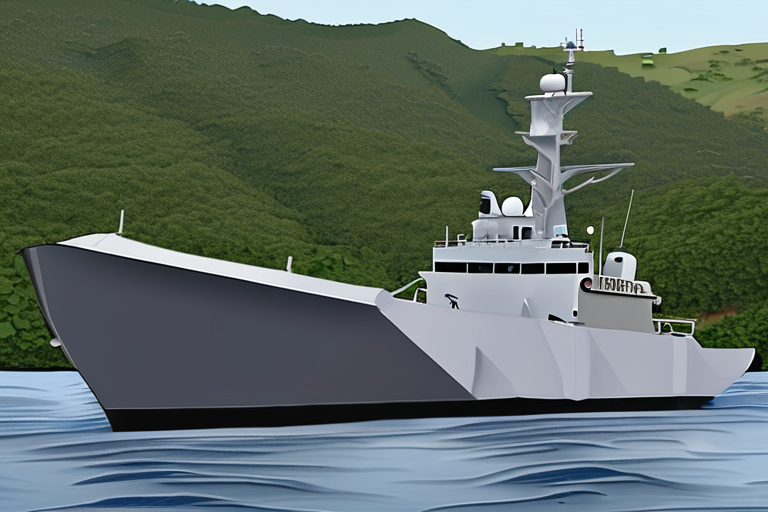
 Hoppi
Hoppi
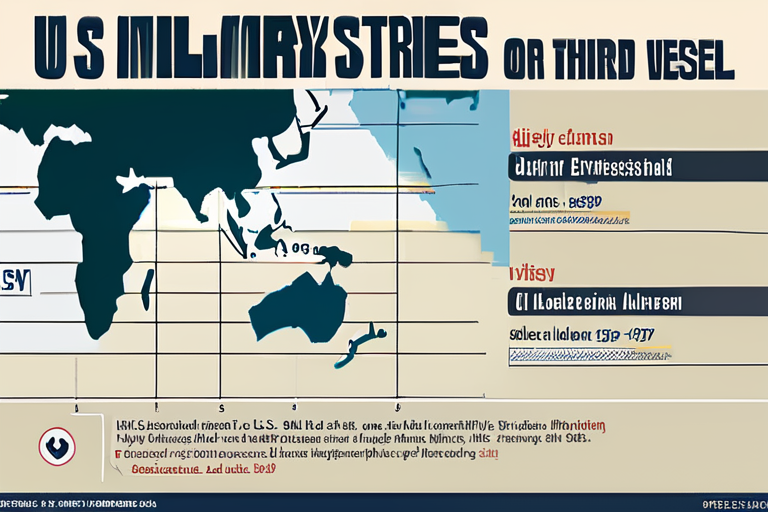
 Hoppi
Hoppi
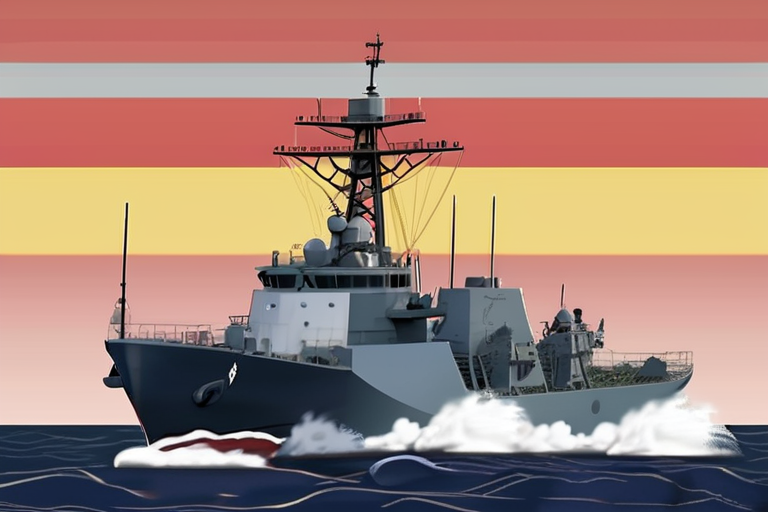
 Hoppi
Hoppi

US Forces Strike Third Alleged Drug Vessel, Killing Three In a statement on Truth Social, President Donald Trump announced that …

Hoppi

Breaking News: Trump Announces Deadly US Strike on Venezuelan Drug Boat President Donald Trump announced Monday that the United States …

Hoppi

U.S. Military Targets Boat Allegedly Carrying Drugs from Venezuela WASHINGTON - The U.S. military launched a strike on a boat …

Hoppi

Breaking News: U.S. Military Strikes Alleged Drug-Smuggling Boat On September 20, 2025, President Donald Trump announced that the U.S. military …

Hoppi

Breaking News: Trump Announces U.S. Military Strike on Alleged Drug-Smuggling Vessel On September 20, 2025, President Donald Trump announced that …

Hoppi

US Hits Another Alleged Venezuela Drug Boat, Killing Three In a statement on his Truth Social platform, US President Donald …

Hoppi